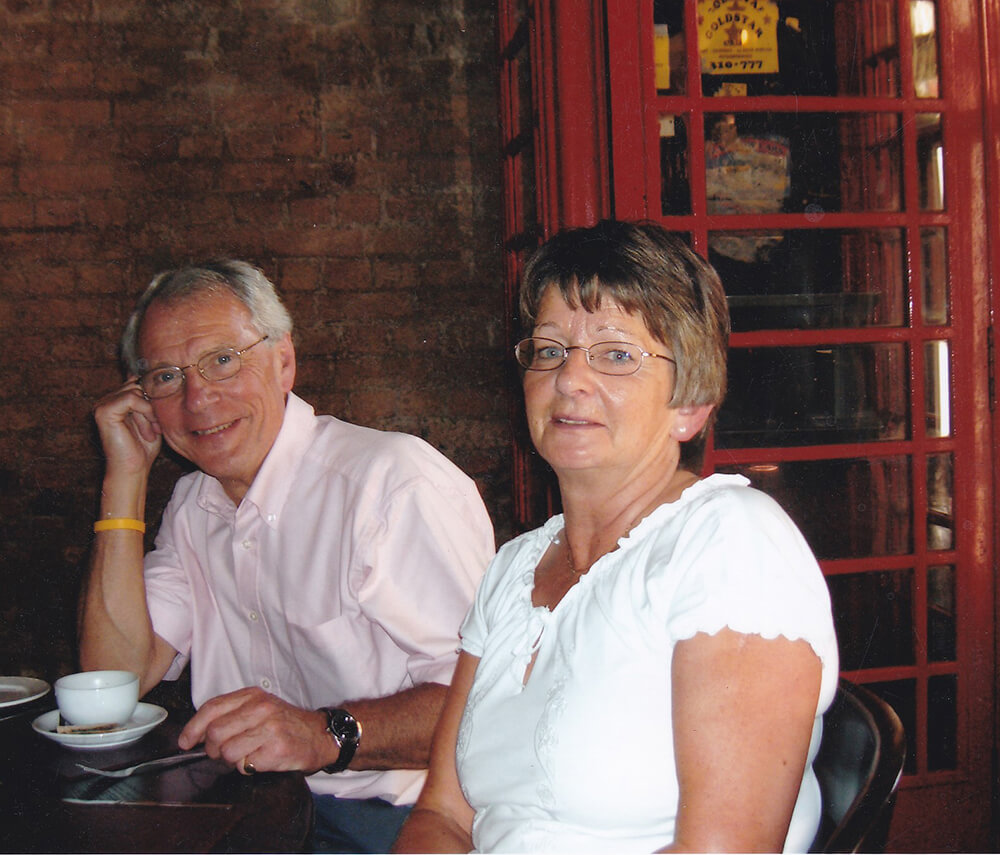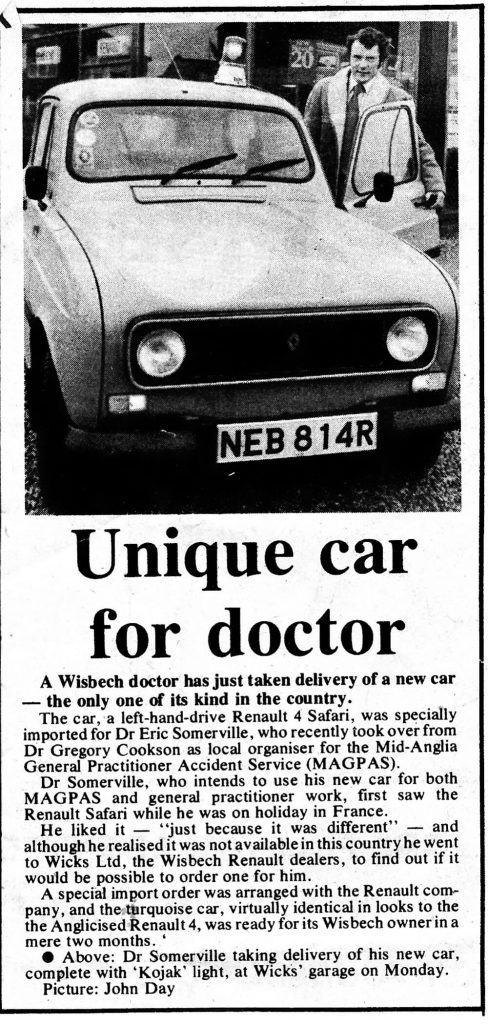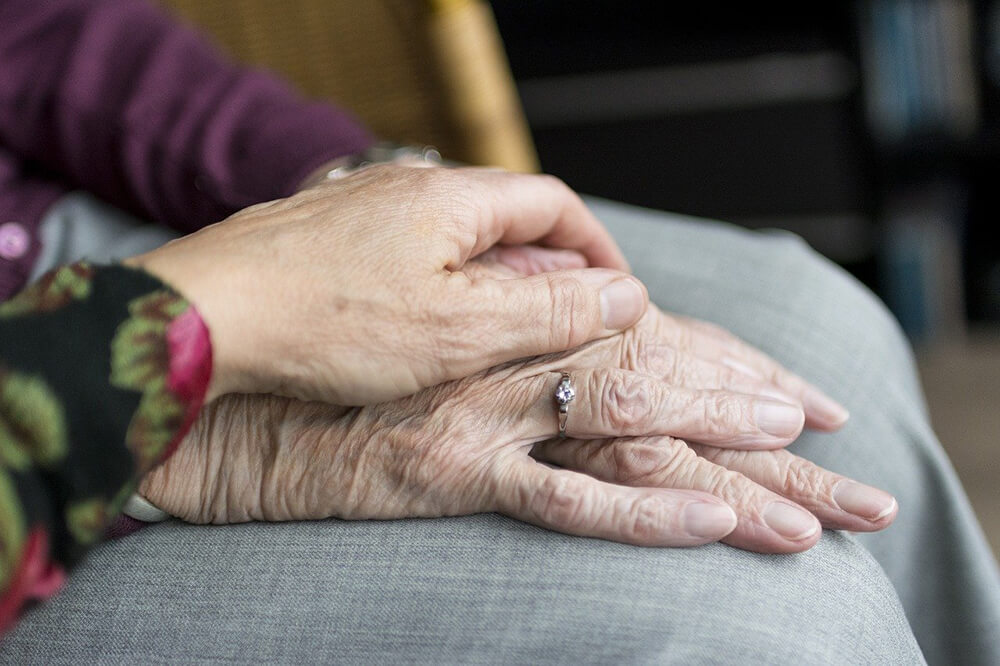Thanks to the fast, efficient and, above all, kind ministrations of the team at North Brink Practice, I had my first Covid-19 jab last Tuesday. It seemed strange that the global effort to produce and administer vaccines eventually touched me for no more than five minutes. While I waited my turn at ‘Position 14’, I wondered about the organisation behind the UK’s vaccination programme.
As a nation, we are perhaps more aware of the NHS now than at any time since its formation in 1948. But what, I thought, did it look like from a GP’s perspective in a Fenland town during its early days?
I’m proud to consider Dr Eric Somerville (retired) a friend. Some readers will remember him for his long service as a GP at North Brink, while many more will have seen him litter-picking around town as a stalwart member of Wisbech Street Pride.

A spouse or housekeeper
Looking back, Eric explains, ‘When I was interviewed for the job at the North Brink surgery in 1968, my wife was interviewed as well, because she would be manning the phones at night and weekends when WE were on call. You had to have a spouse or housekeeper! She was an SRN [State Registered Nurse].’
Eric met Deborah, his future wife and then a student nurse, when he was a medical student at St Mary’s Hospital in London.
They were successful in their application at North Brink. The work was hard, especially for a GP starting out in that most demanding of medical specialities. ‘In order to pay my way in the practice as I built up a list of patients from scratch,’ Eric recalls, ‘I had to take on paid outside commitments.’
Away from the surgery, he therefore worked as a medical officer at the town’s Metal Box and Spillers factories. He took a similar role with the Cambridgeshire Fire and Rescue Service. Then an important manufacturing employer in Wisbech, Metal Box was introducing a hearing conservation scheme. Eric was involved in the pioneering work.
‘I was recruited to run a pilot with a computerised audiometer, testing employees’ hearing levels and the effects of various types of ear defender.’
Eric worked at Metal Box into the 1980s. Any ‘spare’ time he might have realised when he left was then consumed with training as a dental anaesthetist. It was a job, he says, ‘that gave me nightmares!’

Volunteer work
Only a few years into his career, during the early 1970s Eric joined Wisbech St John Ambulance as a volunteer, teaching and examining first aid. He eventually became County Surgeon for Cambridgeshire, a position he relinquished in 1998.
The 1970s also saw Eric working as a clinical assistant at North Cambs Hospital, caring for orthopaedic outpatients. Later in the decade, he became involved in MAGPAS, which then stood for Mid Anglia General Practitioner Accident Service. Today the organisation is known simply as Magpas Air Ambulance.
Folk across East Anglia will recognise the orange and white Magpas helicopter, but things were quite different in the ’70s.
‘Two-way radios were fitted in our private cars,’ Eric remembers, ‘and we carried a large box of equipment.’
Specialist paramedics replaced the roving Magpas GPs in the late 1980s, but not before Eric had become Magpas local lead.
Palliative revelation
In the late 1980s, Eric reached a watershed in his career.
‘Every year we had to complete many hours of ‘personal development’. In 1988, I chose to go to St Christopher’s Hospice in London for a week. There I met the Medical Director, Dr Cicely Saunders.’
As the founder of modern palliative medicine, Saunders revolutionised the way terminally ill people were cared for.

‘Meeting her changed my life,’ Eric says. ‘I became engrossed in palliative medicine, so much so that in 1998 I left a well-paid job at North Brink to become a clinical assistant at Thorpe Hall Hospice in Peterborough. My wife did a ‘back to nursing’ course, ostensibly to return to the profession, but her income also helped mitigate my drastic cut in salary.
‘I had to complete a one-year distance learning course for a Diploma in Palliative Medicine from the University of Wales. Also, I was lucky enough to work with Dr Janet Squire at Thorpe Hall. Her communication skills, crucial in palliative care but often overlooked, were a revelation. While I was there, I edited and largely rewrote a handbook on palliative medicine, which was meant as a guide for the uninitiated.’
Hearing problems caused Eric to retire from medicine in 2008, but his interest in the latest medical developments is as keen as ever.
‘There’s nothing remarkable about my career,’ he reckons. ‘Most GPs of my era have similar stories to tell.’
I doubt that very much.
WORDS Paul Eden





